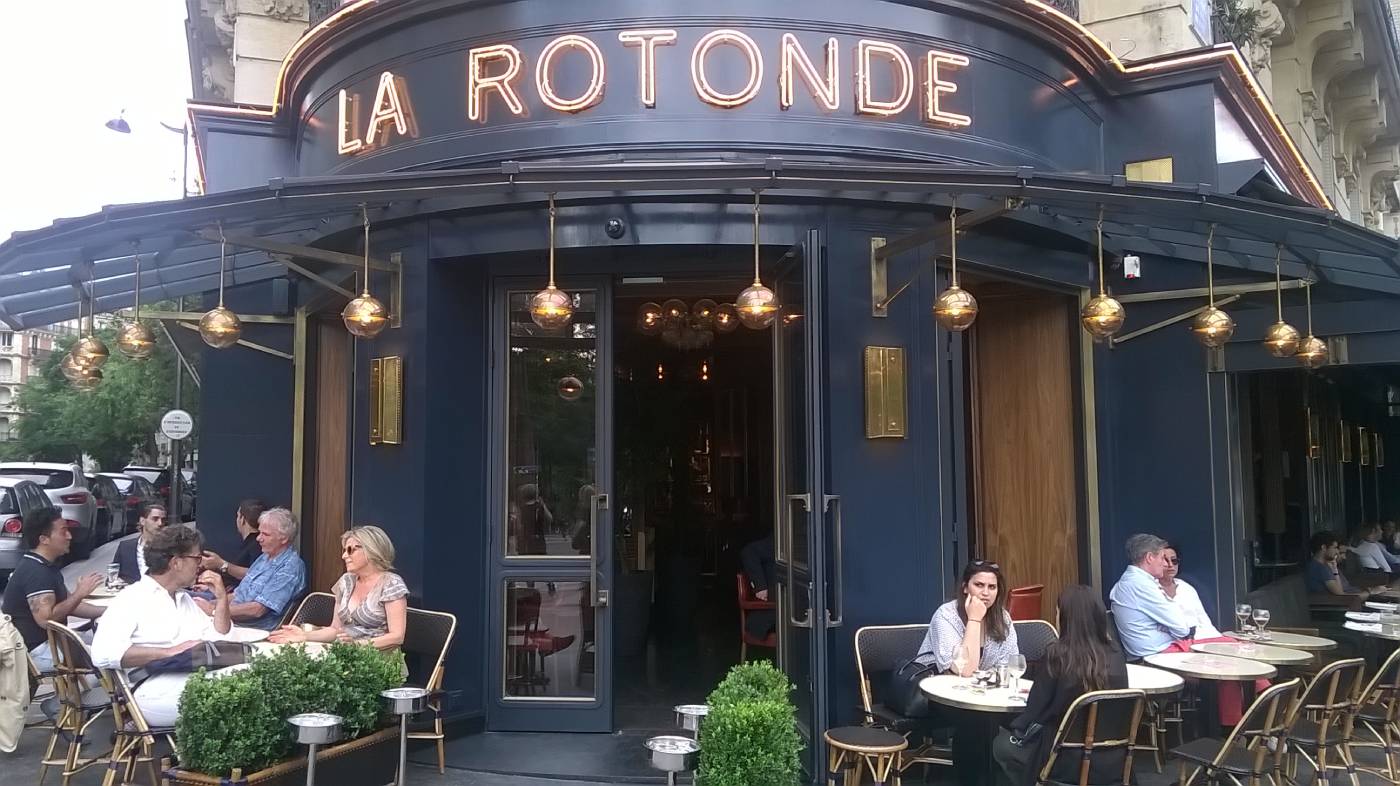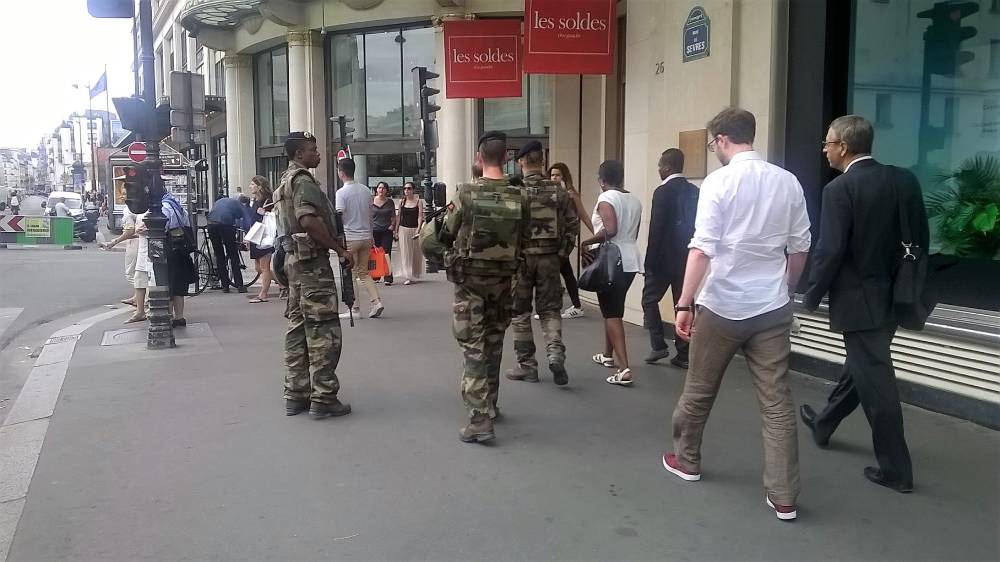
Paris After Nice — Subdued But Resilient
First Charlie Hebdo and the Hyper Cacher attack, then Bataclan, and now this: a horrific slaughter on the promenade in Nice during Bastille Day. Although the latest attack was not in Paris, it struck at the heart of France — during festivities that evoke the very essence of French life — liberté, égalité, fraternité.Â
With the Charlie Hebdo attacks a uniform resistance formed of “Je Suis Charlieâ€: the French would not be cowed by terrorists to disrupt the French way of life. With the Bataclan, a fear set in anyone could be attacked, but sadness soon gave way to anger with an expectation French intelligence would take care of business. With Nice, politicians have turned to informing French citizens they should expect more attacks, not exactly comforting to the French public. So what is the reaction? The pulse of France is in Paris, and what you see is a subdued public, yet resilient (though cleared fatigued) to keep things as normal as possible.
Parisians are not known for their warmth, are quiet by nature, with smiles reserved for friends and family. Yet, the long faces, empty tables at cafés, and lack of buzz at popular restaurants is not only noticeable, it is discomforting. France is reeling, like it is sitting shiva in mourning the loss of a close relative. No one knows what may come next. It is a city on edge. People walk more abruptly. Glances by strangers are more fleeting, unless the view is to make sure someone who looks suspicious is not doing something suspicious. While the presence of French police in the streets is normal, the more ubiquitous presence of French soldiers toting their machine guns is new, though visible only in key spots like the Eiffel Tower, Champs-Élysées, and busy shopping streets like rue de Sèvres. Life is clearly different.

Security checks at the venerable Le Bon Marché, BHV and other regal department stores is a prerequisite to enter. No one can even enter the Eiffel Tower grounds without going through robust security entry and exit points. Although we are entering the season of vacances, the streets are even more quiet than usual, and what you don’t see or hear much of are loud American tourists or other tourists for that matter.
But that is not all. You would expect to see tighter security at the airports, but what is concerning is the lack of additional controls since Nice. We flew out of Orly, entered Charles de Gaulle, exited Charles de Gaulle (twice) and re-entered Paris via the Eurostar and security remains the same. Only El Al security is up to par — so much so when I simply took a photo of an El Al Boeing 747 departing from its terminal in Barcelona (not France), an El Al security person came to inquire what I was doing. In other words, at least on the surface, French security appears to be doing little but gratuitous bag checks that are run by private security firms hired by department stores.
So what does this mean for Paris and for France? French politicians have no definitive answer to curb further attacks, but nor do other governments, whether they are in Germany, the U.S., or elsewhere. As the attacks are completely random, and the whole essence of French life is embodied with a spirt of working to live, not living to work, even sitting for shiva has an end point. Terrorism won’t mutate the French DNA, which is not only resilient, but its threads permeate a spirit of resistance, a joie de vivre, colorful and dynamic as the tricolour that embodies all that is France.
Tags: